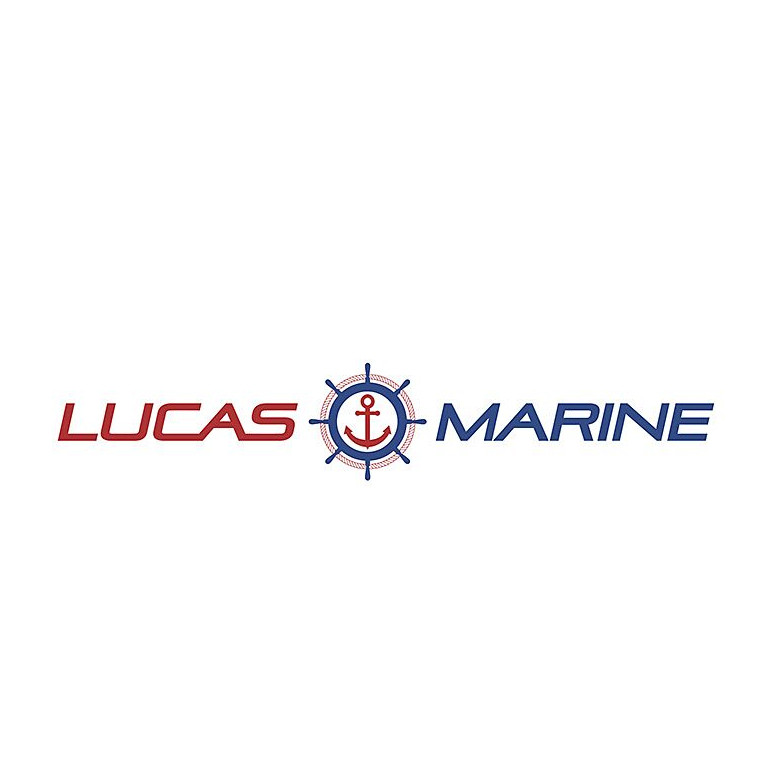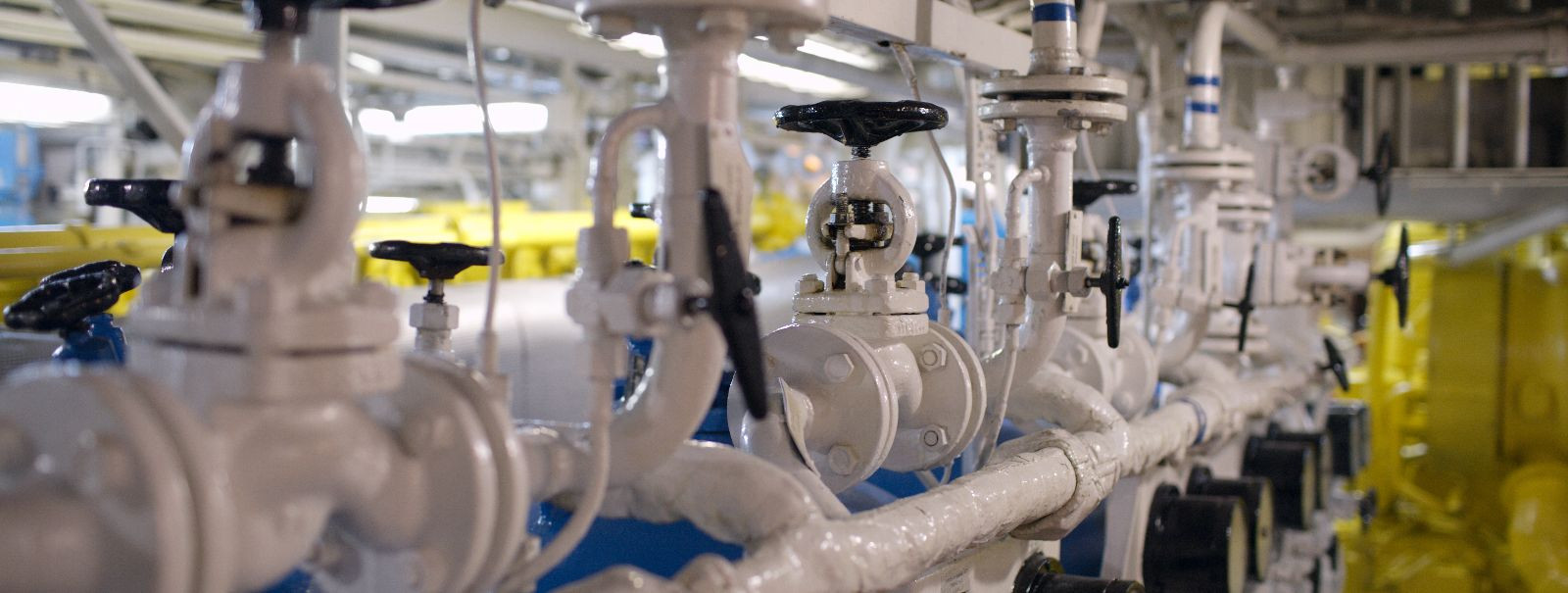Understanding hydraulic systems in industrial machinery
Hydraulic systems are an integral part of industrial machinery, particularly in the maritime and industrial sectors. These systems utilize fluid power to perform work, making them essential for heavy lifting, precise movement, and controlling various machine functions.
The basic components of a hydraulic system include the reservoir, pump, valves, actuators, and hydraulic fluid. Each part plays a crucial role in the system's operation, from storing fluid to converting hydraulic energy into mechanical energy.
Principles of Hydraulic Systems
Pascal's Law is the foundation of hydraulic system operation, stating that pressure applied to a confined fluid is transmitted undiminished in all directions. This principle allows hydraulic systems to amplify force and perform heavy-duty tasks.
Hydraulic power transmission involves the controlled movement and distribution of hydraulic fluid under pressure to transmit power from one location to another, enabling machinery to perform various tasks with high efficiency.
Types of Hydraulic Systems
Open loop hydraulic systems allow fluid to flow in one direction from the pump to the motor and then back to the reservoir. Closed loop systems, on the other hand, circulate fluid in a continuous loop, which can be more efficient for certain applications.
In the maritime industry, hydraulic systems are tailored to withstand harsh environments and are used in steering systems, stabilizers, and winches, among other applications.
Maintenance and Troubleshooting of Hydraulic Systems
Hydraulic systems can encounter issues such as leaks, contamination, and component wear. Identifying and addressing these problems promptly is crucial for maintaining system performance and longevity.
Regular inspections, fluid analysis, and adherence to maintenance schedules are best practices that ensure the reliability and efficiency of hydraulic systems.
Advancements in Hydraulic Technology
Technological advancements in hydraulics have led to more compact, powerful, and energy-efficient systems. Innovations include variable speed drives and electro-hydraulic systems that offer improved control and performance.
With a growing emphasis on sustainability, the industry is focusing on developing hydraulic systems that are environmentally friendly, with features such as biodegradable fluids and energy recovery systems.
For expert guidance on hydraulic systems tailored to maritime and industrial needs, contact LUCAS MARINE OÜ today.






Comments (0)